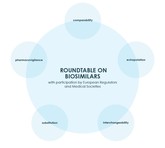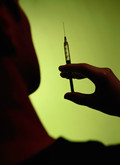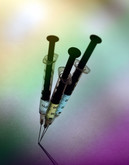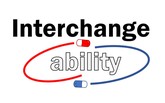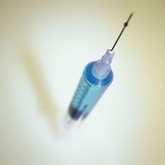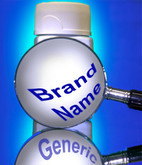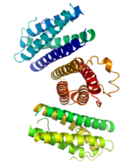Biosimilars/Research
|
Posted 15/01/2021
In Europe, the individual Member States are responsible for designing policies that regulate the market entry and use of pharmaceuticals. This decentralized approach has been found to contribute to variations in biosimilar uptake across countries, and even within countries, as was investigated for tumour necrosis factor-alfa (TNF-α) inhibitor biosimilars in Sweden [1, 2]. In Germany, biosimilar market shares are also known to vary at the regional level. This was studied by Blankart et al. for erythropoiesis-stimulating substances, filgrastim and somatropin, and variations in biosimilar market shares were partly attributed to the presence of explicit regional cost-control measures, such as quota regulations [3]. Differences in the uptake of biosimilars have also been described in Germany for the class of TNF-α inhibitors, although reasons behind this variable uptake have not been examined in detail [4].
















